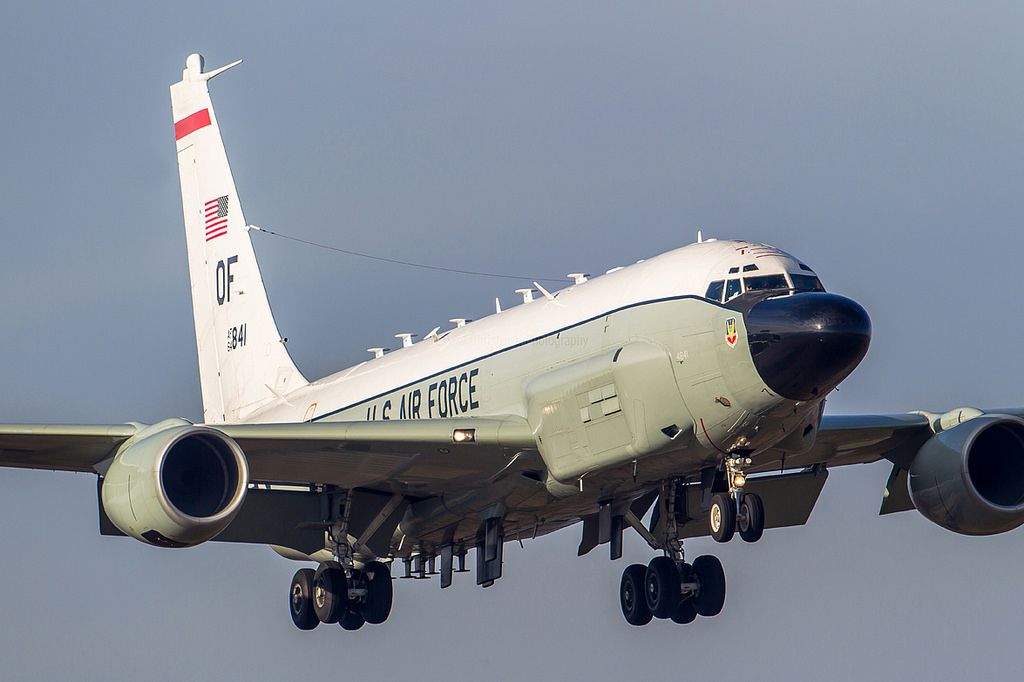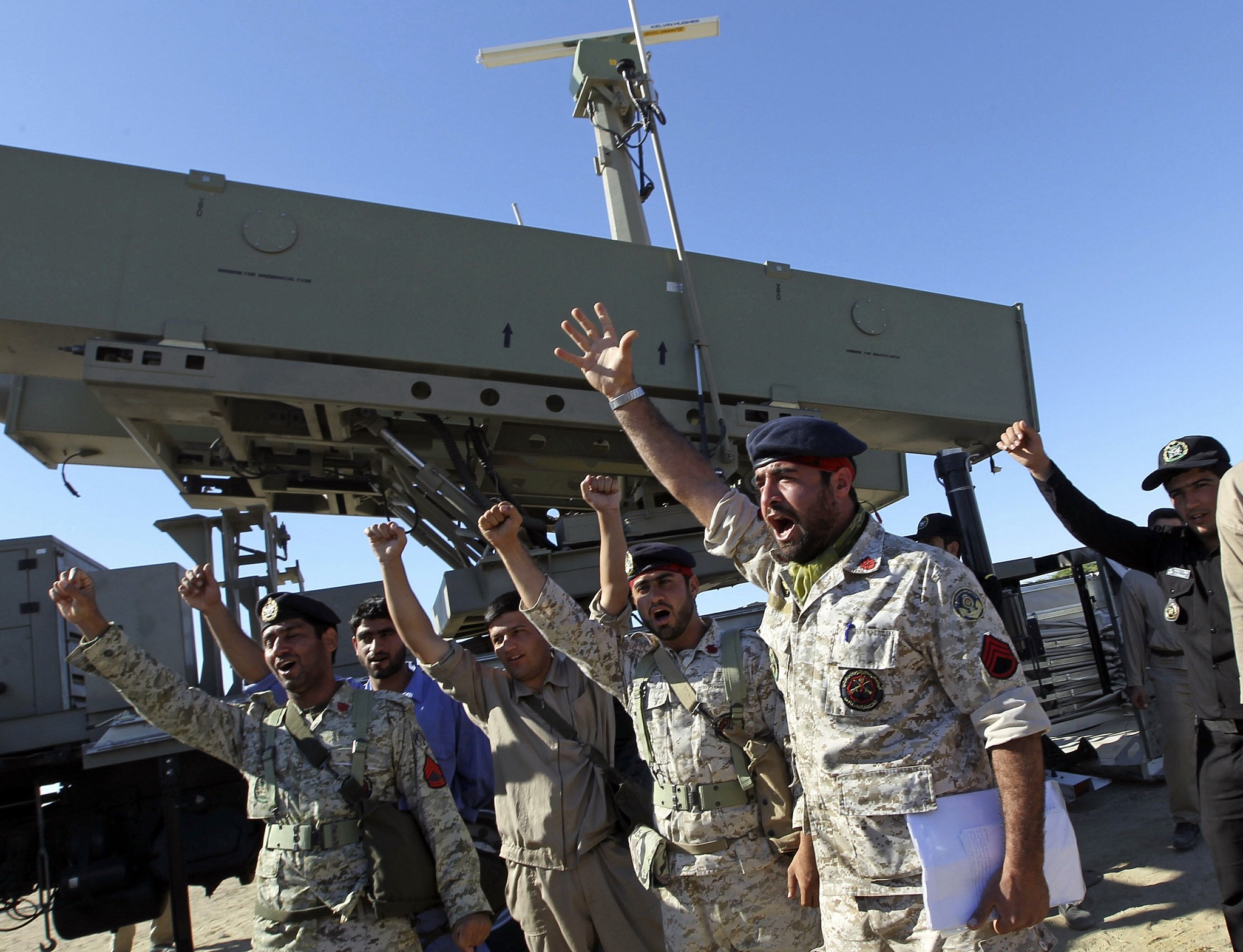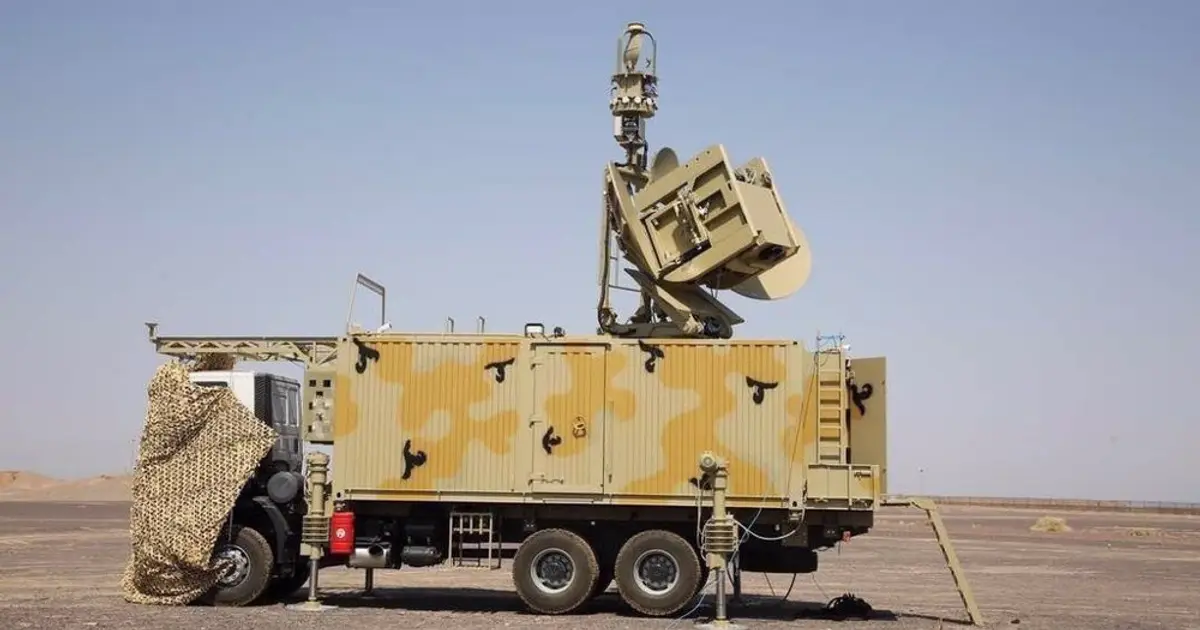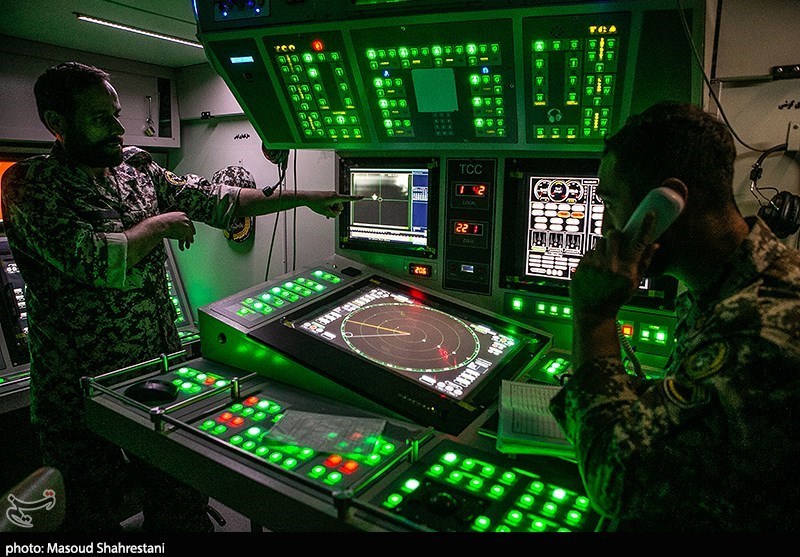Iran Successfully Hacks Foreign Spy Planes at Border Using EW System
"The foreign spy aircrafts were flying within the Flight Information Region (FIR) and emitting signals to gather intelligence. We disrupted the activities conducted by the involved aircraft," said The Chief Executive Officer of the Electronic Industry of the Iranian Ministry of Defense, Admiral Amir Rastegar
(DEFENCE SECURITY ASIA) — The chief executive officer of the Electronic Industry of the Iranian Ministry of Defense, Admiral Amir Rastegari, alleges that his team successfully hacked two foreign reconnaissance aircrafts believed to belong to the United States, using the electronic warfare (EW) system developed by the Persian state.
He claims the incident occurred within the country’s airspace.
“The foreign spy aircrafts were flying within the Flight Information Region (FIR) and emitting signals to gather intelligence. We disrupted the activities conducted by the involved aircraft,” he stated.
“The pilot of the spy aircrafts thought his aircraft was facing issues, so he contacted the base, stating that the systems on board were malfunctioning, and he would return to base. We have recordings of that conversation,” he added in an interview with the Tasnim news agency.
A day later, he continued, two foreign spy aircrafts flew in and began espionage activities, and Iran also “interfered” with them.


“We (Iran) have been developing electronic warfare capabilities for several years to protect the country’s airspace and waters, and every ‘attacker’ has felt our capabilities,” he affirmed.
On April 20th, Iranian Navy Commander Shahram Irani claimed that the country’s naval forces had forced a US nuclear-powered submarine to “surface” as it entered Gulf waters.
However, the US Navy denied the Iranian navy’s allegations, stating that the American submarine approached Iranian waters while submerged but corrected its course after being warned by the Iranian submarine “Fateh” when it surfaced in the Strait of Hormuz.
Iran identified the US nuclear-powered submarine as the USS Florida and condemned their actions as risky and dangerous, accusing them of violating Persian sovereignty.
A few months earlier, a spokesperson for the US Navy announced the deployment of a nuclear-powered submarine capable of carrying up to 154 Tomahawk missiles to the Middle East.


The primary objective of deploying nuclear-powered submarines to the Middle East is to demonstrate strength to Washington’s main adversaries in the region, Iran, and “ensure stability and security” in the region.
The US Navy rarely discloses the locations of its nuclear-powered submarines, including information about missions and the primary reasons for deployment to a specific location.
However, in the case of the deployment of the USS Florida to the Middle East, the US Navy not only announced the submarine’s location but also included images of the submarine in the Suez Canal en route to the Strait of Hormuz.
The USS Florida is a Ohio-class attack submarine. — DSA



Comments are closed.